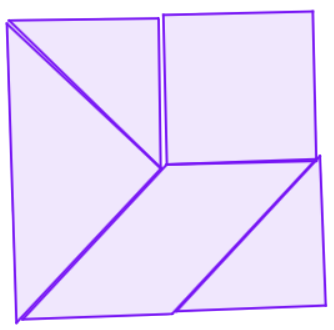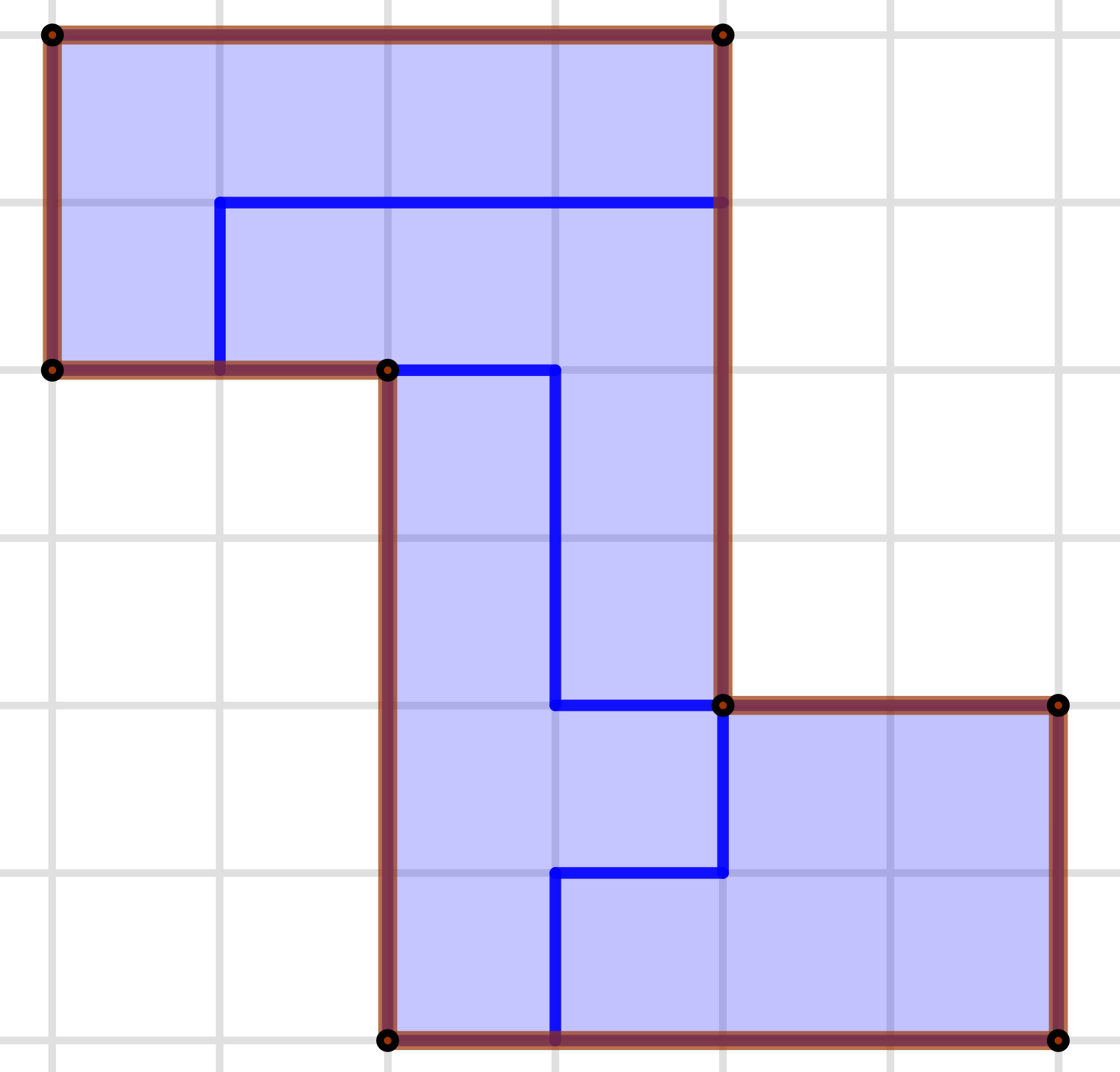Blog Posts
Links to posts on my Math Education Blog.
Using Google Drawings: Virtual Lab Gear
In this blog post, I discuss learning tools in general: manipulative and electronic. Virtual manipulatives attempt to bridge the gap between the two, with mixed results. I go on to discuss my online implementation of Lab Gear, using Google Drawings. Surprisingly, this led me to rethink and improve a classic introductory Lab Gear activity. Read the post.

Using GeoGebra: More Virtual Manipulatives
I went on to write about using GeoGebra to make virtual manipulatives. That environment is not yet perfect for this purpose, but it did allow me to create several successful online tools. Read about those (and about the broader conclusions I arrived at) in this post. And see below for links to the tools.
Best of the Blog?
- I don't know if these posts are the best, but they are among the most visited on my blog:
- Taking Notes vs. Doing Math: no one can do both at the same time.
- Retakes vs. Test Corrections vs. Neither: should the test be the end of the road?
- Understanding "Understanding": how can you tell if a student really understands?
MathEducation.page
New and not-so-new on my Web site.
Virtual Manipulatives
- Here are the links to my virtual manipulatives — all created in the past few months:
- Geoboard

- Circle Geoboard
- Lab Gear
- Pentominoes
- Tangrams
- Grid Paper
- For some context on where they fit in:
- Geoboard home page
- Geometry Labs
- Lab Gear home page
- Geometric Puzzles home page
- Polyomino Lessons
- Scroll down for information on an online workshop about all this, coming this November 10.
Geometry Labs Updates
I have updated the Geometry Labs page. It is now organized so that all the connections, corrections, extensions, and revisions are listed under the corresponding Sections of the book (which, by the way, is a free download). In addition to my own, this includes many ideas from users of the book.
- In addition to the reorganization, there are some updates:
- I added a Google slide for group record-keeping of Lab 1.1 (Angles Around a Point)
- I corrected a mistake in Lab 3.9 (Triangulating Polygons).
- I added an online applet to support Lab 5.6: Symmetry with Pattern Blocks
About Teaching
- Three articles you might find interesting:
- Reaching the Full Range: students learn math at different rates — what to do about it
- Hyper-Acceleration: sooner and faster is not necessarily better
- The Assessment Trap: how to minimize the harmful effects of grades

